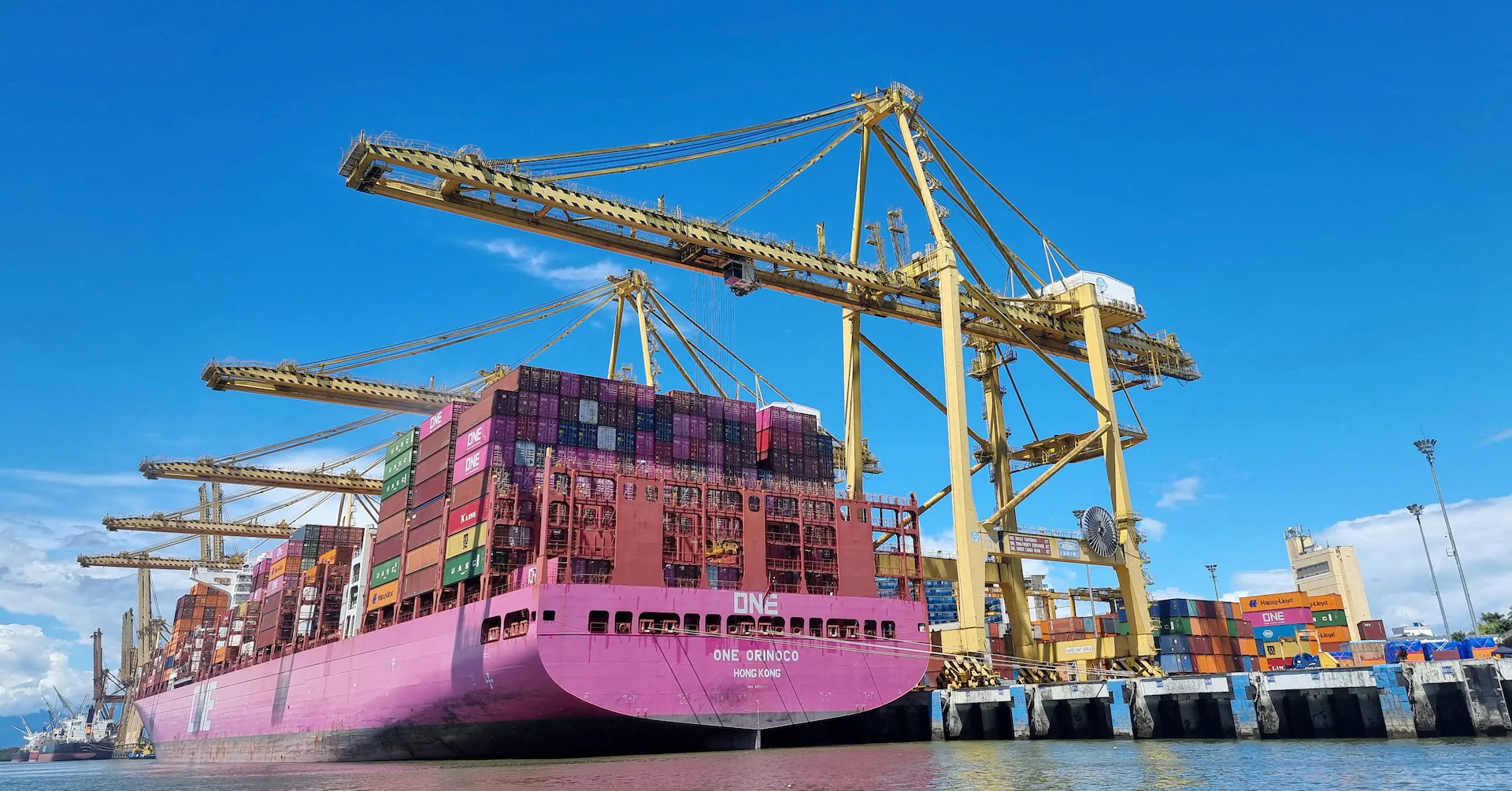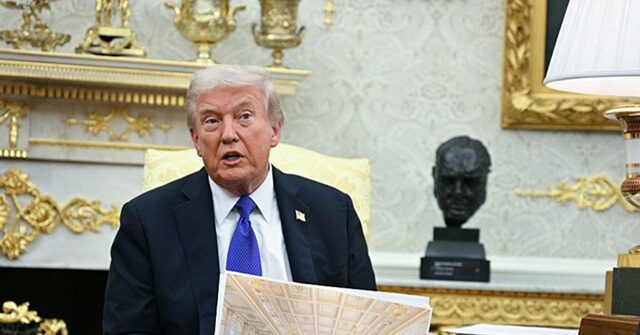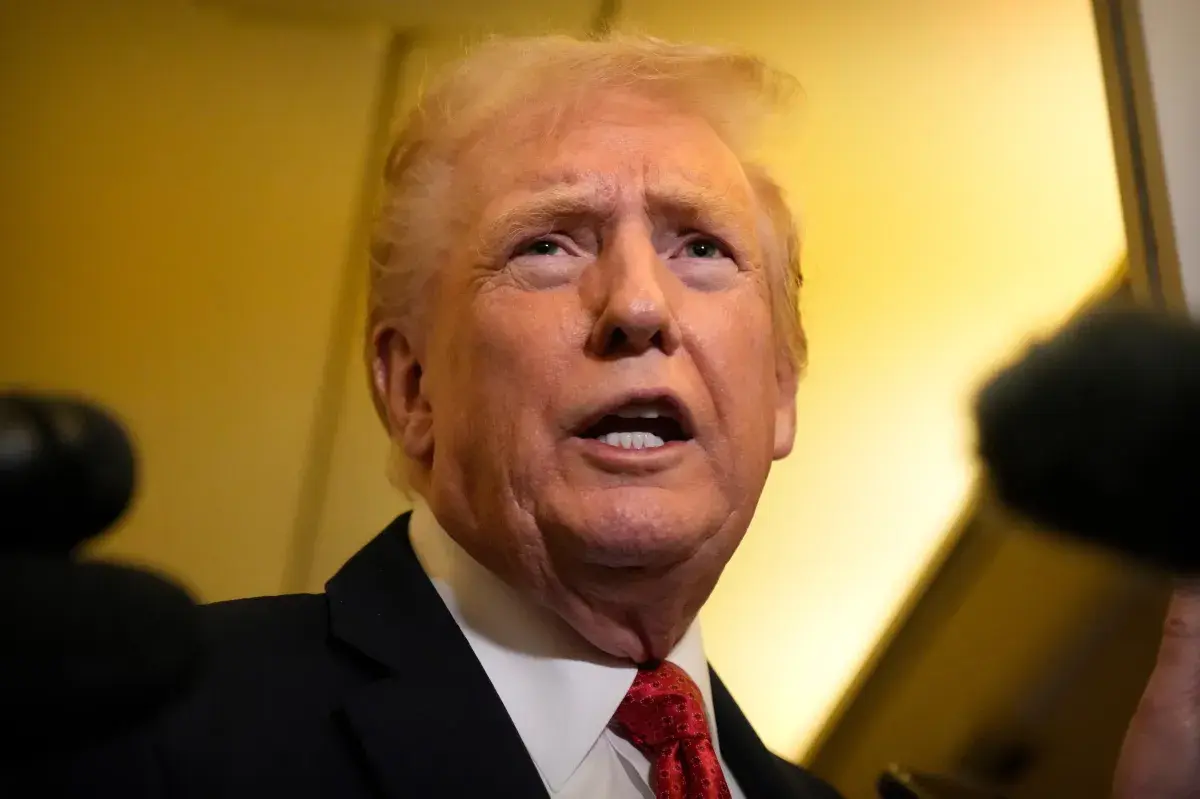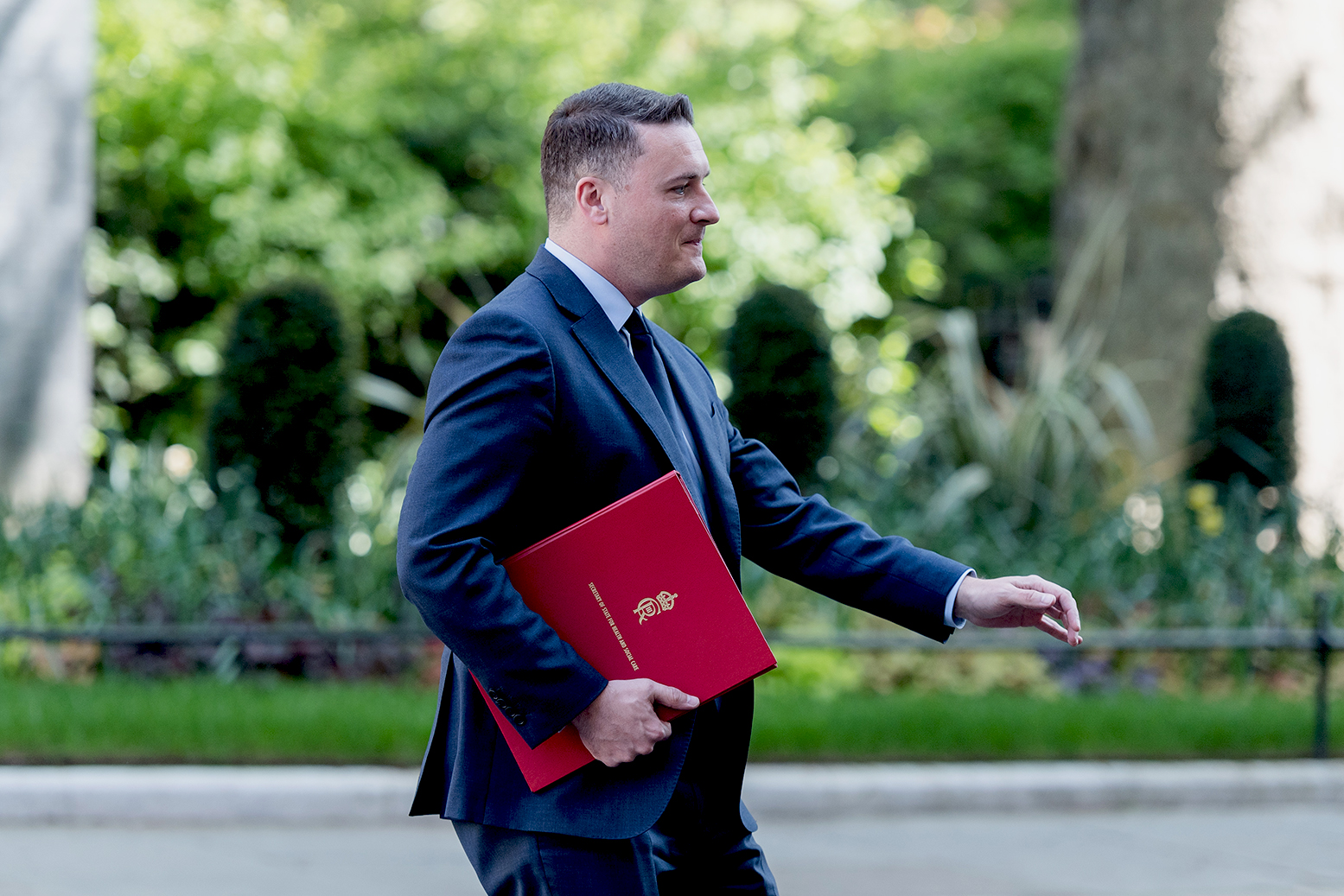Copyright ghanaplus
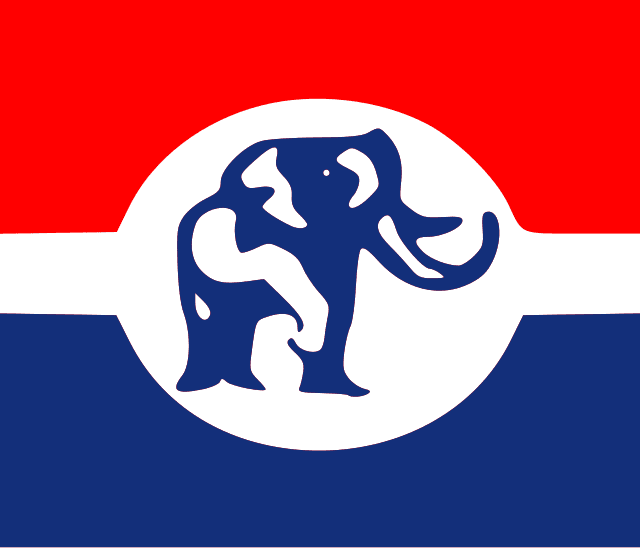
The New Patriotic Party has distanced itself from controversial comments made by one of its own Members of Parliament, describing the remarks as “unfortunate” and contrary to the party’s core values of inclusivity and national unity. The swift public rebuke signals internal tensions as the opposition party navigates its flagbearer race ahead of the 2028 elections. General Secretary Justin Kodua Frimpong issued a statement on Saturday, November 1, 2025, condemning remarks attributed to Asante Akim South MP Kwaku Asante Boateng regarding former Vice President Dr Mahamudu Bawumia. The party emphasized that the comments do not reflect its position or principles. During a televised interview on Accra-based Adom TV, Boateng allegedly referred to Dr Bawumia as an “alien” within the party and suggested that his candidacy for the NPP flagbearer position was causing division. The remarks sparked immediate backlash from party members and civil society actors who condemned them as tribalistic and discriminatory. The timing couldn’t be more sensitive. Dr Bawumia formally commenced his nationwide campaign on October 15, 2025, touring all 276 constituencies across Ghana in a grassroots-focused effort to secure the flagbearer position. His campaign has emphasized unity and issue-based discourse, making the MP’s comments particularly damaging to party cohesion. Frimpong’s statement stressed that “the NPP’s doors are open to every Ghanaian, irrespective of race, ethnicity, gender, religion, or social background,” adding that “membership and recognition in our party are defined not by identity, but by loyalty, commitment, and service to our shared ideals and the national interest”. It’s a message aimed squarely at quelling suggestions that some party members are more legitimate than others based on ethnic background. The controversy exposes fault lines within the NPP as it attempts to rebuild following its 2024 electoral defeat. Dr Bawumia lost the national elections heavily to John Dramani Mahama of the National Democratic Congress, and now faces a competitive internal race for the flagbearer position, with Kennedy Agyapong, Dr Bryan Acheampong, and others vying for the nomination. The primary is scheduled for January 31, 2026. The Ashanti Regional Communications Team of Dr Bawumia’s campaign issued its own statement condemning Boateng’s remarks as “divisive and disrespectful,” describing them as “unfortunate, misguided, and unbecoming of a senior party member”. The response underscores how quickly the comments mobilized Bawumia’s supporters, who saw them as an attack not just on their candidate but on the party’s founding principles. There’s historical context here that makes the remarks particularly troubling. Dr Bawumia has served as Deputy Governor of the Bank of Ghana, twice as presidential running mate in 2008 and 2012, and as Vice President from 2017 until early 2025. His testimony during the 2013 Presidential Election Petition before the Supreme Court was described as “a milestone in Ghana’s democratic journey”. To characterize such a figure as an outsider raises questions about what criteria some party members are actually applying. The Bawumia campaign team reminded Boateng that the NPP Constitution, particularly Articles 2(4), 3(1), and 13(3)(1&2), promotes inclusiveness, equality, and fair participation, not tribal or exclusionary politics. It’s one thing to support a particular candidate; it’s quite another to suggest that ethnic identity should disqualify someone from leadership consideration. The MP’s comments also undercut the NPP’s attempt to project itself as a national party. Ghana’s ethnic diversity has long been both a source of richness and a potential flashpoint in politics. When political actors invoke tribal identity as a criterion for legitimacy, they risk inflaming divisions that most Ghanaians would prefer to see diminished rather than amplified. What makes this episode particularly awkward for the NPP is that it’s coming from within. Opposition parties typically face external criticism; having to publicly disassociate from one of your own elected lawmakers creates a different kind of challenge. It suggests either that Boateng was speaking only for himself or, more troublingly, that he might represent a faction within the party that shares his views but lacks his willingness to express them publicly. Recent polling by Global InfoAnalytics shows Dr Bawumia maintaining a commanding lead in the flagbearer race despite a slight dip in support compared to September. That suggests the former Vice President’s position remains strong, but internal divisions like those exposed by Boateng’s remarks could complicate his path forward. The party’s response was unequivocal, which is probably necessary given the potential damage. But statements are one thing; whether the NPP can actually maintain internal discipline and prevent similar incidents is another. Dr Bawumia’s own campaign has issued directives to supporters to refrain from insults and personal attacks, emphasizing the need for decent campaigning focused on issues rather than personalities. There’s a broader question about how political parties manage diverse internal voices while maintaining public unity. The NPP faces particular challenges because it’s simultaneously trying to appeal to a national electorate while managing regional and ethnic constituencies within its own ranks. When those internal dynamics spill into public view, it complicates the party’s messaging. Frimpong’s statement emphasized that “political membership and recognition within the NPP are not defined by personal attributes or identity, but by one’s loyalty, commitment, and service to the party’s ideals and the national interest”. Whether that principle can withstand internal pressures during a competitive flagbearer race remains to be seen. For now, the party has made its position clear. The challenge will be ensuring that clarity translates into changed behavior rather than just carefully worded statements that mask continuing tensions beneath the surface.
